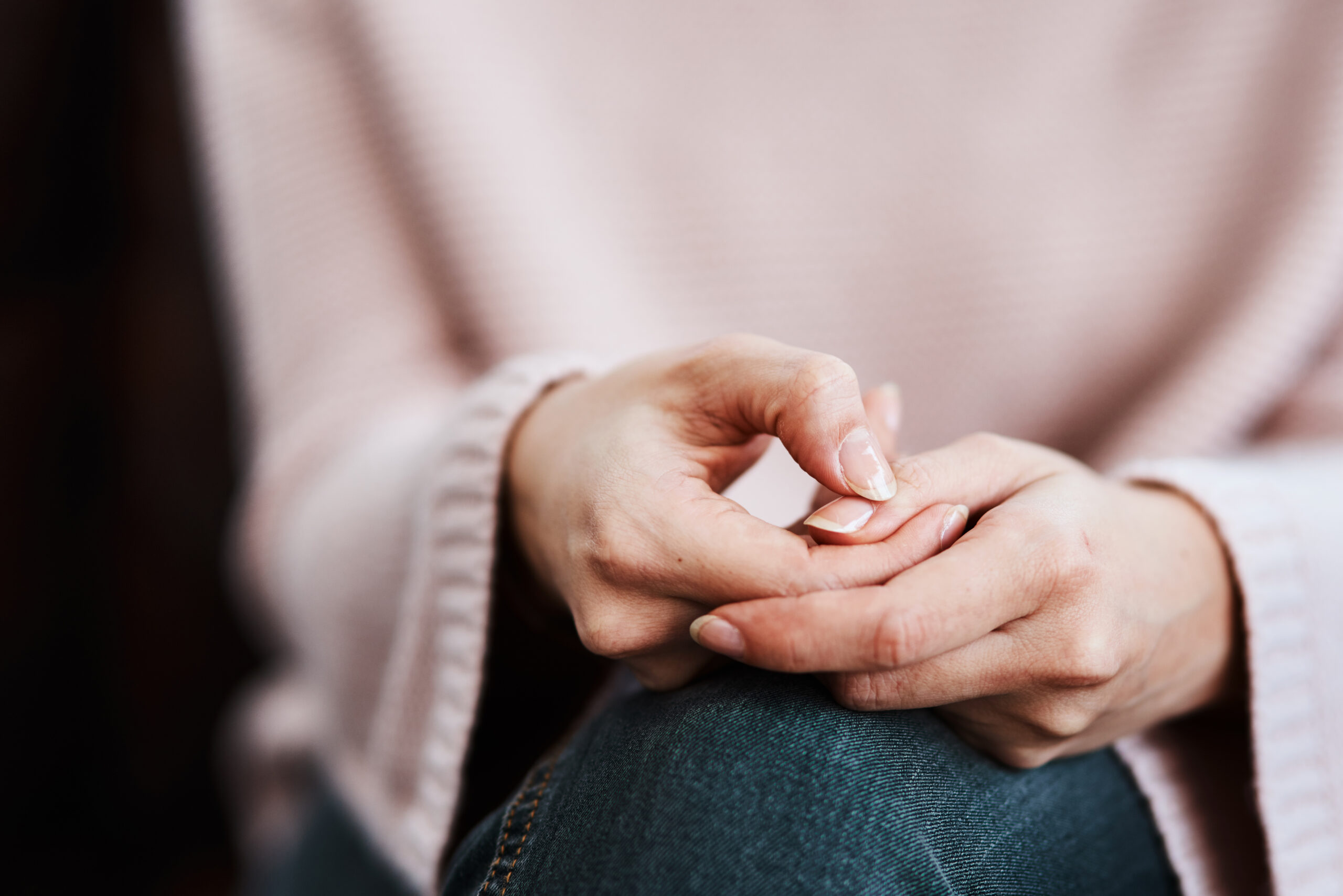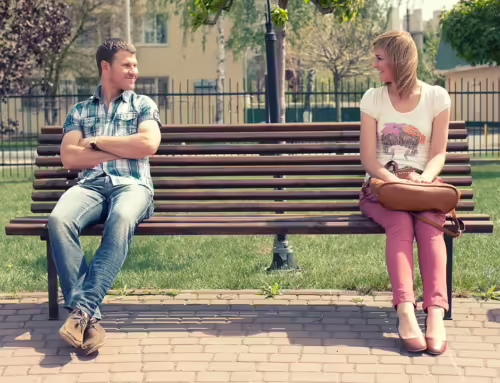Sometimes you do everything right — coming up with a relapse prevention plan, having a sober buddy for parties, maintaining your therapy sessions — and you still end up relapsing.
You wouldn’t be the first, and you won’t be the last; most importantly, you aren’t alone right now.
Navigating the holidays while in recovery or shortly after emerging from rehab is tough. The holidays typically bring about an abundance of substance-infused parties and an overall lack of self-control (in many people, not just those recovering from addiction).
American Addiction Centers has released various relapse statistics on how intense and challenging the November–January period can be, especially for those in recovery. While many enjoy this as the most wonderful time of year, it’s also, tragically, the most dangerous time of year for those in addiction recovery due to heightened stress, the increase of triggers and additional occasions of temptation.
If you’ve relapsed during the holidays and are at a loss for where to go from here, you’ve come to the right place. We’re going to walk you through exactly how to deal with relapse in recovery and help you take the proper steps to get back on track with sobriety starting today.
Is relapse part of recovery?
Recovery is rarely as simple as going to rehab, getting sober and staying sober. Just about everyone who has experienced what addiction and recovery from addiction is like will tell you that it’s almost never a straight path from rehab to lifetime sobriety.
Some view a relapse post-recovery as a sort of rite of passage, while others make the claim that “relapse is part of recovery.” But, this phrase even when said with good intentions (such as to comfort someone who just relapsed) can become a harmful mantra that normalizes old habits.
Relapse does sometimes end up being a part of the recovery process for many people, but relapsing is not the inevitable fate of everyone in recovery, and it is not a necessary experience to have before achieving total sobriety.
How to deal with relapse in recovery
Some individuals view their relapse as a failure, a sign that they don’t “have what it takes” to stay sober, or that they’ll never be able to achieve complete sobriety, but none of these are true.
Failure doesn’t have to be permanent; it can be your greatest lesson, a powerful motivation. Most importantly, we need to remember that failing at something doesn’t mean we are a failure.
Follow the three steps below if you or a loved one has experienced a setback this holiday season.
1. Determine if you need to return to rehab
Your first step is to recognize what kind of relapse you’ve had, whether it was a one-time occurrence or an unhealthy pattern that’s developed. If the relapse was a secluded incident and the individual is committed to their recovery plan, re-admittance into an inpatient facility very well might not be needed. If the relapse has evolved into a habit again, though, rehab will likely be necessary, but it might not be as long as before.
2. Continue or resume going to therapy
Relapses are the result of indulging in a trigger or temptation. Certain types of therapy, notably cognitive behavioral therapy (CBT), specialize in teaching individuals how to process their emotions more productively, develop healthy coping mechanisms and ultimately, face their triggers and temptations without giving in to relapse.
3. Seek professional help
If you or someone you love has relapsed, whether before or during the holiday season, we’re here to help. You might be tempted to put off seeking professional help until it’s a “better time” because you don’t want to bring this up during the holidays, but doing so puts your health and even your life at risk.
Recovery, sobriety and healing are rarely convenient, and you don’t have to go through this alone. Confide in someone you love and trust, find a support group and reach out for professional help when you need it.
Tapestry offers premier addiction recovery treatment that is designed to put you on the path to long-term recovery and overall greater quality of life. Our experienced staff is passionate about supporting people just like you so they can experience a life of health, happiness and purpose.
Submit a form or call us directly at 828-490-4032 to receive confidential support today.






